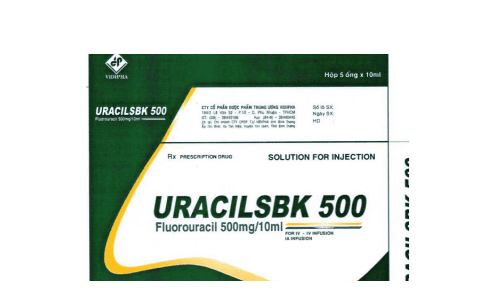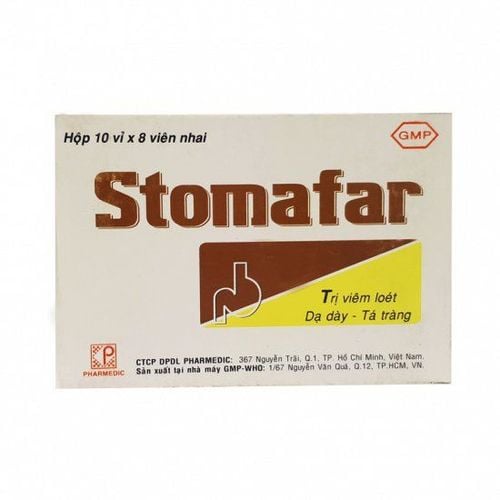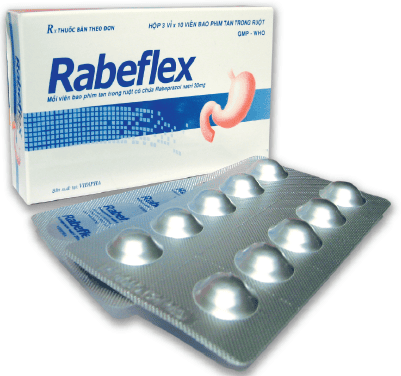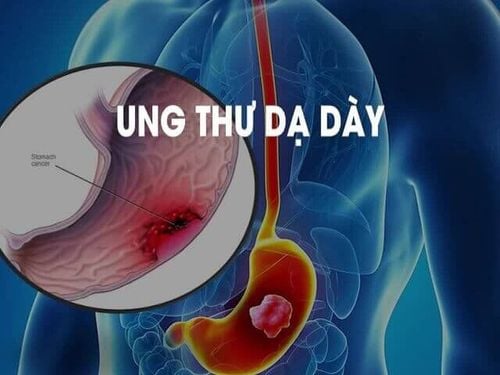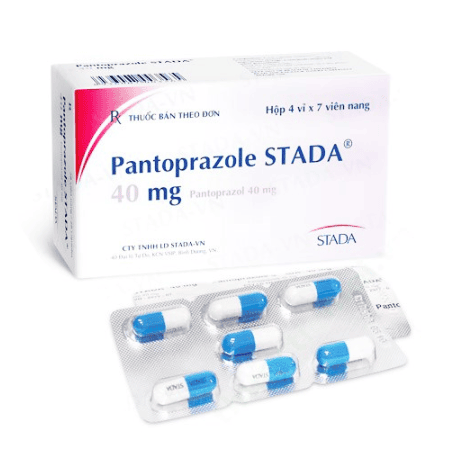This is an automatically translated article.
The article was written by Department of Medical Examination & Internal Medicine - Vinmec Hai Phong International General Hospital.
Gastroesophageal reflux disease is an extremely common disease, or at the age of 30 - 50. Most cases of gastroesophageal reflux disease are mild diseases, with little danger. However, damage to the esophageal mucosa from acid reflux may develop in up to one-third of patients. Gastroesophageal reflux is the main cause of most symptoms of damage to the lining of the esophagus. The disease has a very negative impact on quality of life, so it needs to be recognized properly.
1. Symptoms of Gastroesophageal Reflux
Heartburn is the most common symptom. The patient feels a burning sensation in the chest, starting behind the breastbone and moving towards the neck and throat. This phenomenon usually occurs after eating 30 minutes-2 hours, especially after meals with hot spices, alcohol, caffeine, fat, carbonated drinks. Heartburn is worse when bending over and lying down. Another common GERD symptom is the sensation of food or water backing up in your throat or mouth, especially when bending over or lying down. This can leave a bitter taste (due to bile reflux) or a sour taste (due to acid reflux) in the mouth. You may also experience some less common symptoms, including persistent sore throat, hoarseness, chronic cough, trouble swallowing or painful swallowing, asthma, unexplained chest pain, bad breath, feeling a tumor in the throat.

2. Dangerous complications from gastric reflux
The majority of patients with GERD will not have serious complications, especially with adequate treatment. However, some serious complications can arise in patients with severe gastroesophageal reflux disease such as:
Ulcers: Stomach acid leaking into the esophagus can damage the lining of the esophagus ( esophagitis), even leading to esophageal ulcers. These sores can bleed, cause pain, and make it difficult to swallow. Medications used to treat GERD, such as proton pump inhibitors (PPIs), can help ulcers heal by reducing the amount of acid that leaks into the esophagus. Esophageal stricture and scarring: The acidic pH of the stomach can cause damage to the esophagus, leaving a scar, causing a severe blockage that causes food or medicine to get stuck in the esophagus. Scar tissue occurs because the esophagus is constantly damaged and then heals in the esophagus, causing the esophagus to narrow and narrow, making swallowing more difficult and painful. Extraesophageal manifestations: Tooth wear, pharyngitis, laryngitis, hoarseness, vocal cord ulcers, otitis media, persistent cough, pneumonia or asthma symptoms. Chronic acid reflux into the lungs can cause permanent lung damage, known as pulmonary fibrosis or bronchiectasis. Barrett's esophagus: Barrett's esophagus is a condition in which the squamous tissue of the lower esophagus (just above the Z line) is transformed into columnar tissue with intestinal-like cells (intestinal metaplasia). This process is often the result of ongoing damage to the lining of the esophagus, and is most commonly caused by long-term gastroesophageal reflux disease. It is estimated that about 1 in 10 people with GERD will develop Barrett's esophagus, usually after many years. These altered cells can potentially become cancerous. Therefore, people with Barrett's esophagus are advised to have routine endoscopy to watch for early warning signs of cancer. Esophageal cancer: There are two main types of esophageal cancer, namely adenocarcinoma and squamous cell carcinoma. Among them, a major risk factor for esophageal cancer is Barrett's esophagus, as noted above. It is estimated that 1 out of every 10-20 people with Barrett's esophagus will develop esophageal cancer after 10-20 years.
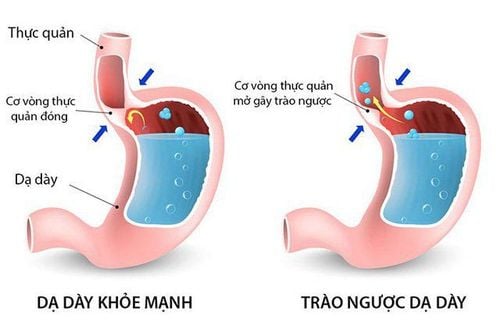
Symptoms of esophageal cancer include:
Difficulty swallowing. Unexplained weight loss. Indigestion for a long time. Hoarse voice. Cough, persistent cough. Vomiting. Surgery for esophageal cancer can be effective if the disease is diagnosed at an early stage. So see your doctor if you find it difficult to swallow or if the above symptoms persist.
If there is a need for consultation and examination at the Hospitals of the national health system, please book an appointment on the website for service.
Please dial HOTLINE for more information or register for an appointment HERE. Download MyVinmec app to make appointments faster and to manage your bookings easily.




